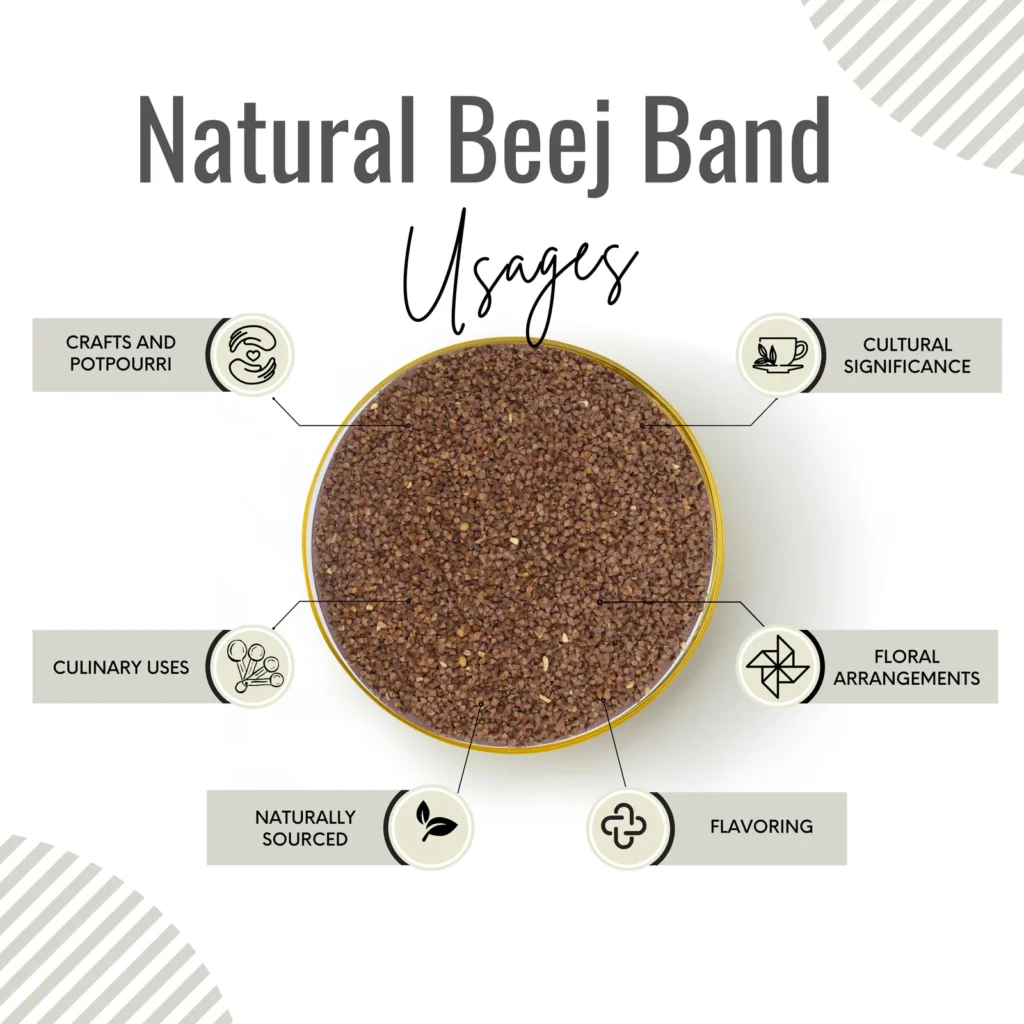
Introduction
Indian Mallow, known locally as Beejband Surkh or Abutilon indicum, is a plant that holds a significant place in traditional medicine across India and various parts of Asia. This herbaceous plant, which belongs to the Malvaceae family, is widely known for its medicinal properties and its versatility in treating a range of health issues. Its leaves, flowers, and roots are used in many forms to address various ailments.
Forms of Indian Mallow (Beejband Surkh):
Indian Mallow can be used in various forms, depending on the specific ailment being treated and the preferences of the user. Some common forms include:
Fresh Leaves and Flowers: The fresh parts of the plant are often used for topical applications, such as poultices for wounds or skin conditions.
Powdered Form: The dried leaves and flowers can be ground into a fine powder, which is then consumed or used in preparation of herbal concoctions.
Decoction or Tea: The leaves and roots of the plant can be boiled in water to make a decoction or tea, which is consumed for medicinal benefits.
Extract or Oil: The extract of Indian Mallow or its essential oil can be applied directly to the skin or used in aromatherapy.
Capsules and Tablets: In modern times, Indian Mallow has been processed into capsules and tablets for convenience, especially for systemic treatments.
Benefits of Indian Mallow (Beejband Surkh):
Indian Mallow has been used in traditional systems of medicine such as Ayurveda and Unani for its therapeutic qualities. Some of its most prominent health benefits include:

Anti-inflammatory Properties: Indian Mallow is known for its anti-inflammatory effects. It is often used to reduce inflammation in conditions such as arthritis, muscle pain, and sprains.
Skin Health: The plant’s leaves and flowers have antiseptic and soothing properties, making them useful for treating various skin conditions. It can be applied as a paste for rashes, eczema, boils, or to heal wounds.
Respiratory Health: Indian Mallow has been traditionally used to treat respiratory issues like cough, asthma, and bronchitis. The plant’s soothing properties help clear mucus and alleviate throat irritation.
Digestive Aid: Indian Mallow is used to improve digestion and treat gastrointestinal disorders such as indigestion, constipation, and bloating. Its soothing action helps to reduce inflammation in the stomach and intestines.
Antioxidant Benefits: The plant is rich in antioxidants, which help fight free radicals in the body. This can lead to improved overall health, slower aging, and a reduced risk of chronic diseases.
Antimicrobial and Antifungal: Indian Mallow has been shown to have antimicrobial properties, making it effective in treating infections caused by bacteria and fungi.
Liver Health: Some studies suggest that Indian Mallow can help detoxify the liver and improve its function by promoting the removal of toxins from the body.
Anti-cancer Potential: There is growing research into the potential of Indian Mallow in preventing or managing cancer. It contains compounds that may help in inhibiting cancer cell growth.
Side Effects of Indian Mallow (Beejband Surkh):
While Indian Mallow offers numerous health benefits, it is essential to be aware of potential side effects, particularly when consumed in large quantities or over extended periods. Some of the side effects include:

Allergic Reactions: Some individuals may be allergic to Indian Mallow, especially when applied topically. This could cause skin irritation, itching, or rashes. If any allergic reaction occurs, it’s best to discontinue use and consult a healthcare provider.
Digestive Issues: In some cases, excessive consumption of Indian Mallow can lead to gastrointestinal discomfort, including nausea, vomiting, or diarrhea.
Blood Pressure Effects: Indian Mallow may lower blood pressure, so individuals who are already on medication for high blood pressure should use it cautiously and consult with a healthcare professional.
Pregnancy and Breastfeeding: As with many herbs, the safety of Indian Mallow during pregnancy and breastfeeding is not well established. It is advisable to avoid using it during these periods unless under the guidance of a healthcare provider.
Interaction with Medications: Indian Mallow may interact with certain medications, especially those that affect blood pressure, blood sugar levels, or blood clotting. It is important to consult a doctor if you are on any prescription medications.
This Article is for Basic Information. Contact a professional doctor before using it.
HAKEEM KARAMAT ULLAH
+923090560000




